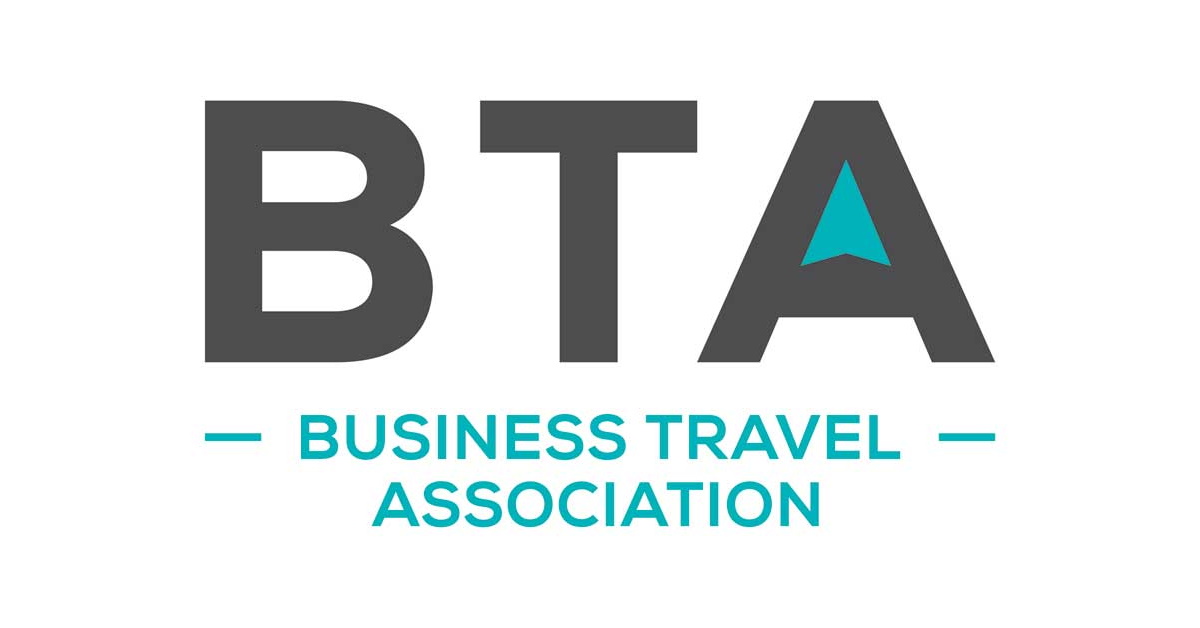The Business Travel Association (BTA) highlights alarming fragmentation within corporate travel content through a detailed white paper.
The document outlines a sector facing complex challenges, urging industry-wide cooperation to address inefficiencies.
The Increasing Complexity in Corporate Travel
The Business Travel Association (BTA) has raised concerns over the increasing content fragmentation in the corporate travel sector. A recent white paper published during their Gibraltar conference highlights the diverse content sources and formats now permeating the industry. This complexity stems from various distribution channels, causing a shift in the sector’s landscape.
Diverse Content Sources and Their Impact
In collaboration with the Australian Association of Travel Management Companies (ATMC) and the Guild of European Business Travel Agents (GEBTA), the BTA commissioned a study from Black Box Partnerships. The study draws on insights from travel management companies (TMCs), corporate buyers, and suppliers. It reveals that 100% of corporate buyers and 60% of suppliers agree on the urgent need to address this growing issue. These stakeholders cite new distribution capability (NDC) technology and ‘direct connects’ as key drivers.
Challenges Posed by New Distribution Capability (NDC)
The introduction of NDC by airlines has significantly contributed to content fragmentation. Traditional global distribution systems (GDSs) are often bypassed, leading to inefficiencies and inconsistencies. The corporate environment, unlike its leisure counterpart, demands standardised data and integrated technology systems for effective service delivery. This environment faces scrutiny over currency conversions and data obligations, complicating the landscape further.
Resulting challenges are substantial, including increased service delivery pressures and higher costs for suppliers and TMCs due to fragmented content sources. Additionally, traveller tracking and risk management are hindered by these inconsistencies. Fragmentation also complicates the pursuit of sustainable travel, with varying sustainability metrics and certifications across suppliers.
The Role of Personalised Pricing and Airline Pricing Structures
The white paper discusses how location profiling and inconsistent airline pricing exacerbate fragmentation. Personalised pricing leads to variability in both product offerings and fare structures, dependent on booking location. While this may provide cost benefits in leisure travel, business travel necessitates consistency and transparency, given increased oversight and financial accountability.
Stakeholders emphasise the necessity for consistent travel fares and rates across all providers to enhance industry-wide efficiency. The role of technology, specifically machine learning and automation, is highlighted for its potential to offer both improvements and challenges in managing travel budgets and rate negotiations.
Sustainable Travel and the Complexity of Integration
The growing demand for sustainable travel presents additional challenges in consolidating travel content. As sustainability metrics and certifications differ significantly between suppliers, the task of sourcing consistent travel content becomes increasingly arduous. This complexity is exacerbated by inconsistent airline pricing structures which lead to discrepancies in fare comparisons and availability.
Tass Messinis, chair of ATMC, notes the difficulty in achieving cohesion as airlines pursue individual NDC strategies. The corporate sector requires a unified approach to access the best possible sustainable travel options, ensuring readiness to leverage market opportunities while maintaining environmental responsibility.
In the face of these challenges, it is crucial for TMCs to have comprehensive access to all available content. The advancement of sustainable travel options can only be achieved through consistent content and availability, which demands industry-wide cooperation.
The Essential Role of Travel Management Companies (TMCs)
The paper concludes by highlighting the essential role that TMCs play in this fragmented landscape. TMCs are critical in streamlining processes, ensuring rate parity, and providing access to comprehensive travel content. Their expertise in navigating complex pricing structures allows them to offer solutions that counteract pricing surcharges and manage personalisation offers.
BTA Chief Executive Clive Wratten emphasises the need for suppliers to view TMCs as valuable distribution partners. By bridging gaps in content availability and consistency, TMCs can enhance their value proposition to both suppliers and corporate clients.
Towards a Unified Corporate Travel Landscape
Ultimately, the call for a unified approach to corporate travel is urgent. Achieving consistent travel fares and comprehensive content access across all platforms can significantly reduce the complexities currently faced by the industry. The integration of automation and AI presents an opportunity to streamline processes, although careful management is required to ensure fairness and efficiency.
Industry cooperation is essential to solving the fragmentation problem in corporate travel.
A unified approach promises efficiency and better sustainability integration.

